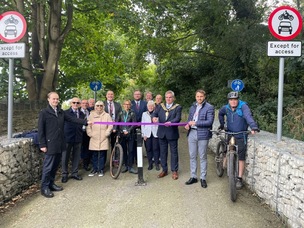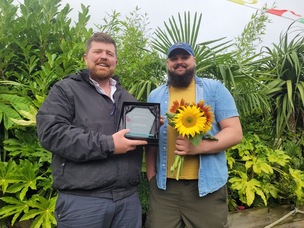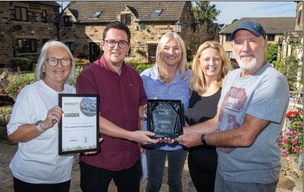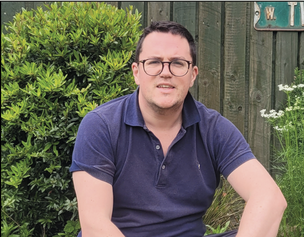BARNSLEY Council leader Sir Steve Houghton has said the government are ‘making it hard’ to protect residents following its autumn statement.
Chancellor Jeremy Hunt announced his autumn budget last Thursday.
It included a rise in the amount that can be raised under the levy by local authorities such as Barnsley Council.
It means that the council are able to rise council tax bills without the permission of residents to fund a number of overstretched services.
Authorities previously had to hold a referendum to increase council tax by more than three per cent.
The Chancellor added that benefits and pensions will rise in line with inflation, there will be a rise in the national living wage and there will be a year extension to the household support fund.
Sir Steve said: “We’ll be looking at how the Chancellor’s announcements impact the people of Barnsley and what it means for our budget.
“The government are making it hard for us to protect people.
“They’re making it hard for families to live decent, happy and healthy lives, which should be a given for people no matter where they live.
“Barnsley Council has suffered government spending cuts among the worst in the country since the beginning of austerity over a decade ago.
“Our funding has been cut by 50 per cent since 2010, and now 70 per cent of our available budget is spent on social care.”
In addition to the shocking cuts, the current cost-of-living crisis is expected add further costs of around £30m.
“On top of dealing with these enormous cuts, the cost-of-living crisis is now creating extra cost pressures estimated to be in the region of £27m in 2023/24,” he added.
“This is driven by the rising cost of employee pay, energy and fuel, inflation, and service demand.”
The challenges the council face are like nothing ever seen before according to Sir Steve, but they’re looking to help residents as much as they possibly can.
“Our finances have always been well-managed, which puts us in a good position,” he said.
“Still, our budget-setting process feels very different this year.
“The challenges, such as recovery from the pandemic, the cost-of-living crisis, energy and fuel costs, inflation increasing demand for services and the impacts of the government’s budgetary decisions, are like nothing we have faced for a very long time./
“We’ll always work to turn the funding we still have into long-term possibilities for local people through more jobs, better housing, and improved access to education and skills, all while striving to look after the people and families who need help, recycle more of our waste, and repair our roads.
“And we’re also working on how to do all this more sustainably as we work towards reducing our carbon emissions to net zero.”




























